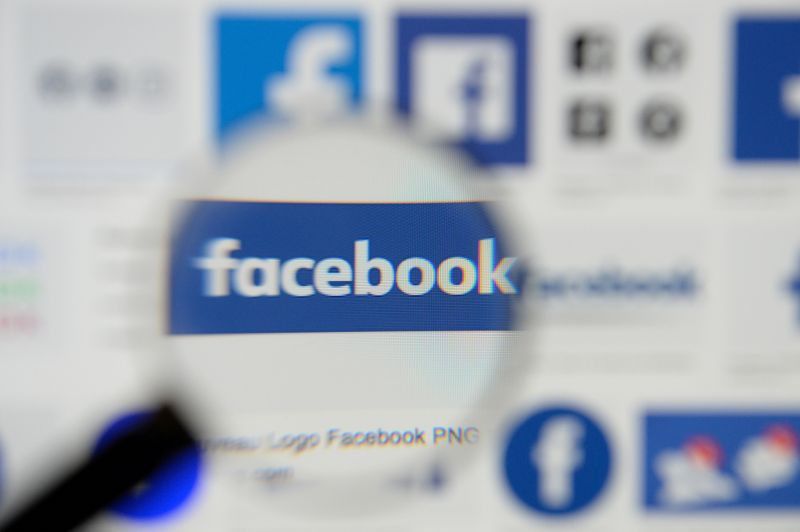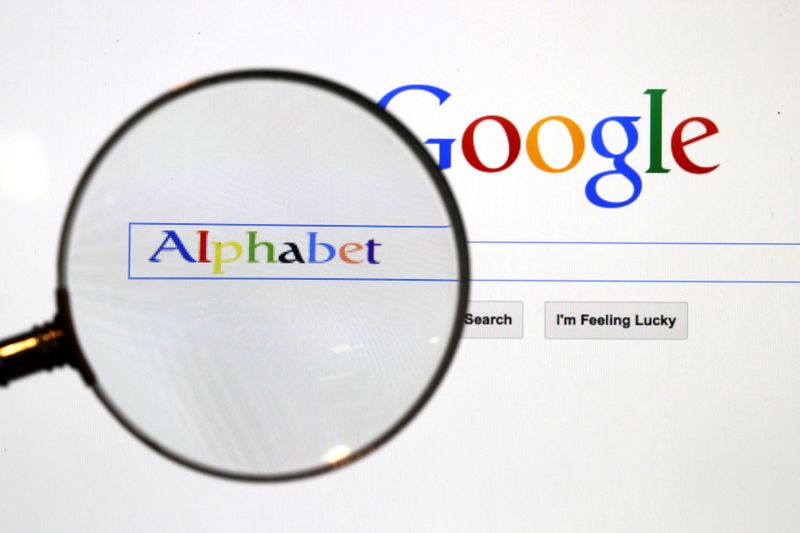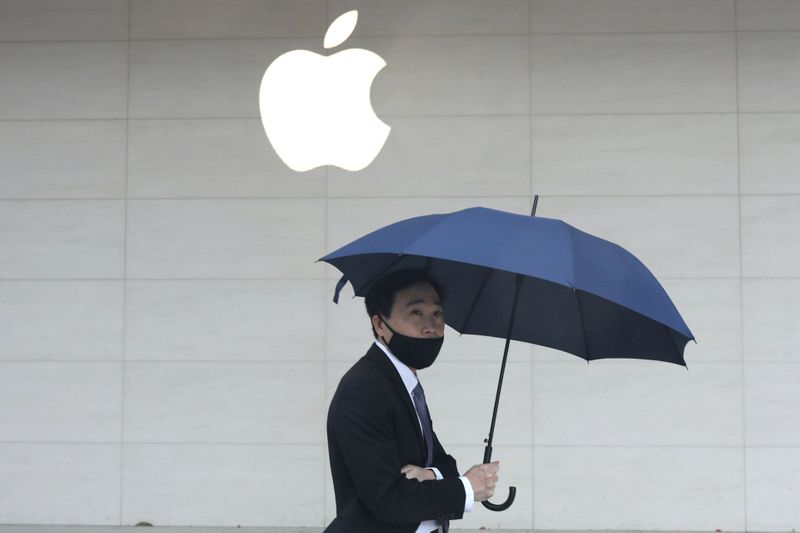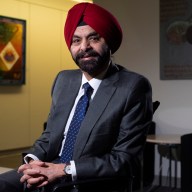BRUSSELS (Reuters) – Fifteen former presidents and premiers of European Union states have called on the European Commission to ensure democratic safeguards are included in new rules targeting Facebook, Google and Apple.
In a letter sent to Commission President Ursula von der Leyen on Tuesday, the ex-leaders join a growing chorus of alarm about the power of U.S. tech giants, which has prompted authorities worldwide to launch investigations or new rules.
The former leaders are from Albania, Austria, Belgium, Bosnia and Herzegovina, Finland, the Netherlands, Latvia, Norway, Poland, Romania, Slovakia, Slovenia and Spain as well as the former head of the European Council Herman Van Rompuy.
European Competition Commissioner Margrethe Vestager will announce two sets of draft rules known as the Digital Services Act (DSA) and the Digital Markets Act (DMA) on Dec. 15.
The companies being targeted by the new EU rules have responded by saying they should be proportionate and balanced and not stall innovation in digital markets.
“Our online public sphere is dominated by just a handful of online platforms,” the former leaders, who include Jan Peter Balkenende of the Netherlands, Spain’s Jose Luis Rodríguez Zapatero, Poland’s Aleksander Kwasniewski and Finland’s Esko Aho, said in the letter, which was seen by Reuters.
“This situation stifles innovation, precludes new forms of democratic exchange and participation, and creates a power imbalance between platforms on the one hand, and regulators and citizens on the other. It is time to reconfigure this power balance,” they added in the letter.
The DSA and DMA give the 27-country EU an opportunity to take appropriate measures to safeguard democratic processes and human rights and address a concentration of power, they said.
The Commission did not immediately respond to a request for comment. Facebook said it had not seen the letter.
(Reporting by Foo Yun Chee; Editing by Alexander Smith)


















